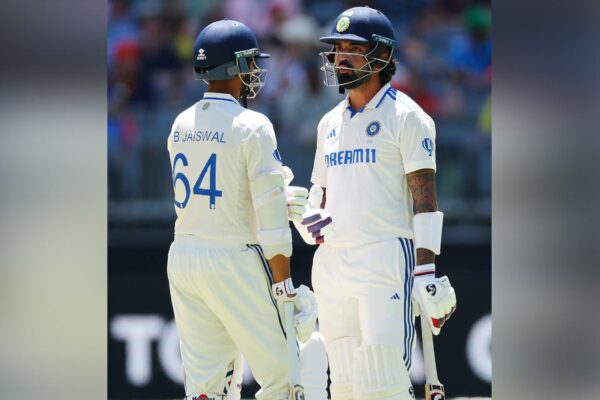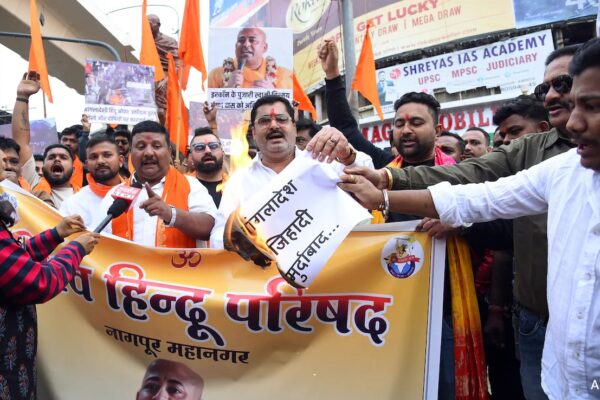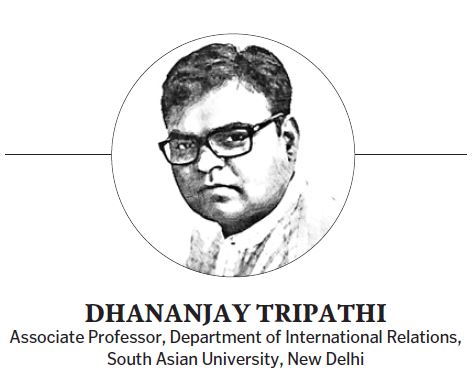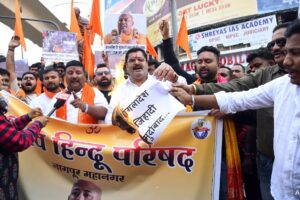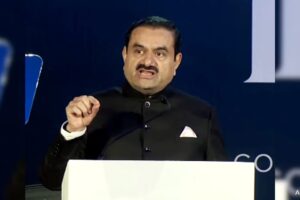India can influence academic discourse worldwide in international relations with non-Western ideas and themes
Published Date – 11:45 PM, Tue – 19 December 23
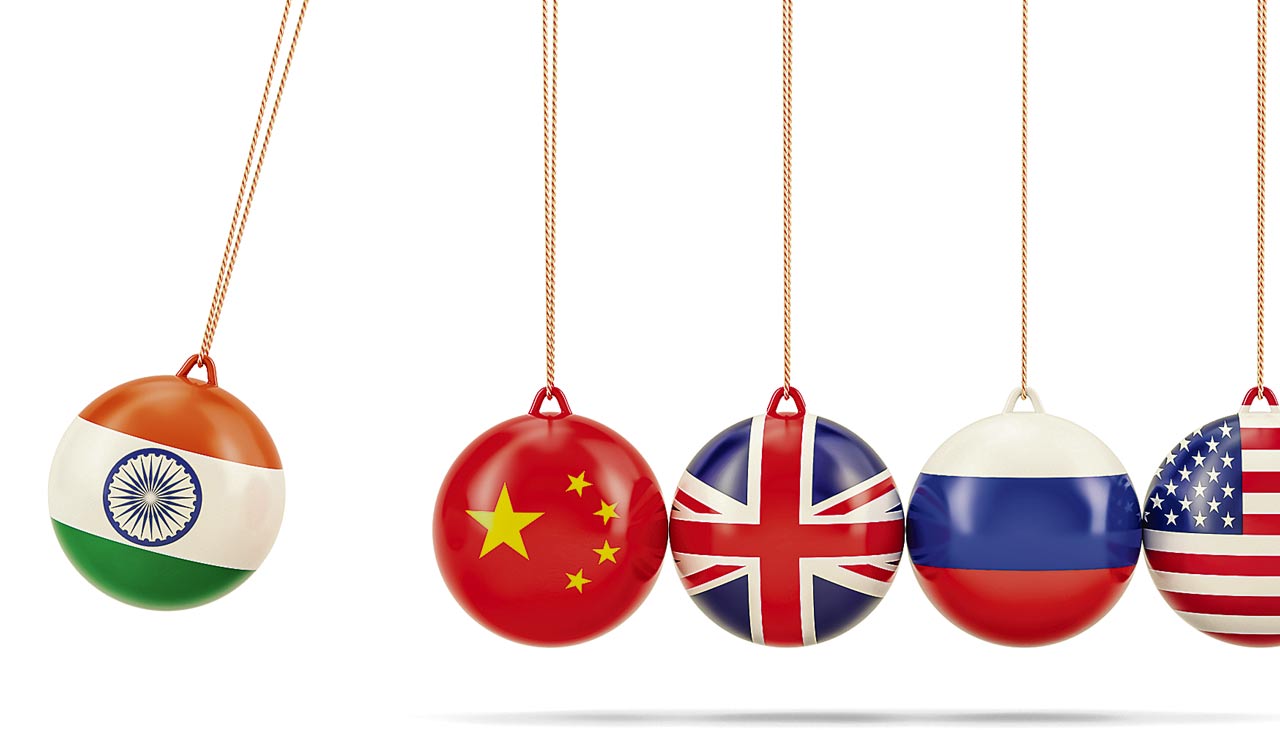
By Dhananjay Tripathi
International Relations (IR) as an academic discipline mainly evolved in the West, primarily in the United States of America (USA). This is one of the reasons why the famous IR scholar Stanley Hoffmann, in an article, argued that IR is an American social science. While one can contest these claims of a strong Western imprint in IR, the reality is that contemporary international politics is largely shaped in the West. Mainly in the IR scholarship, the treaty of Westphalia signed in 1648 in Europe is regarded as a foundation of the present-day nation-state system. Some fundamental concepts like territoriality, sovereignty, borders and boundaries have arisen in Europe. Later, when European powers started colonising different regions, they imposed their system by completely discarding the traditional practices.
The modern-day institutions and laws had colonial roots in most Global South countries. The colonial powers also fixed the borders of several nations of the world. For example, the British drew the Durand line and divided an ethnic community Phastuns into two different countries — then undivided India and Afghanistan, to safeguard their geopolitical interest. The line is still a point of controversy between Afghanistan and Pakistan.
Western Domination
After World War II, America emerged as one of the superpowers with economic and military means to expand its global influence. At that stage, it needed intellectuals who could understand world politics and help the US government promote national interest. Successive US establishments supported universities and think tanks to get concrete ideas and feedback on their foreign policy. Moreover, the US corporate sector also invested in foreign policy think tanks to get input essential for their global reach. This is why Realism and Neoliberalism form the core of US foreign policy and academic thinking.
Interestingly, it was also when the Soviet union emerged as a superpower, equally invested in world politics. However, for the Soviets, the interpretation of the world was based on the Marxist ideology. The Marxist worldview is undoubtedly pertinent but too deterministic. On the other hand, IR academia got the liberty to be critical in the US, which further helped develop the subject. In this, let us include that there is never a big gap between academia and policymakers in the US, and both contribute to each other’s field.
Global South
Outside these socialist and capitalist blocs, some scholars dedicatedly worked on international politics and articulated the position of the Global South. From Latin America, dependency theory, and the Afro-Asian nation’s conceptualisation of non-alignment were counter to the Western hegemony in the IR. The basic premise was to underline the unjust world order established by the Western capitalist countries, leaving less space for the Newly Independent Countries to put forth their perspective.
When decolonisation started, the world had already witnessed the destructive character of war and the atomic bomb. Additionally, the world was divided into two camps, and joining the one implied compromise with sovereignty. The freedom acquired by the Global South nations was not easy and came after long struggles. The economic drain during the colonial period left these countries almost on the verge of bankruptcy. Investing in militarisation was not appropriate, with every penny being relevant. This is the reason why India gave a call for disarmament and demanded equitable terms of trade.
However, it was a daunting task, and only a few countries like India largely succeeded in retaining an independent foreign policy. Just in its neighbourhood, Pakistan happily joined the American bloc. Thus, there were attempts by some countries to remain outside the bloc politics, although it became quite an impossible position during the prime days of the Cold War. With less to contribute to the actual world politics, the IR scholarship in the Global South remained dormant. There were few centres to teach IR in developing countries, and very few think tanks focused on some areas and themes.
Now there is a remarkable shift and many universities in the Global South countries have IR departments. The think tanks have mushroomed in every relevant capital of the Afro-Asian country, and these are signs of satisfaction. Today, developing countries have achieved a level of economic progress and are willing to play a more significant role in world politics, and turning towards IR is quite natural.
Indian IR?
Recently, the Indian Foreign Minister rightly questioned the domination of the West in IR. Dr Jaishankar, a former diplomat, and now the chief architect of India’s foreign policy, also has an academic background and certainly understands the relevance of scholarship. He must be aware of how Indian universities still lack the resources and talents essential for IR’s intellectual progress. How can this be altered?
To summarise, Indian concepts like ‘Vasudhaiva Kutumbakam’ are pertinent to discussing the climate change crisis and deserve international attention. However, even in India, it is viewed from narrow political prisms, and there are people hesitant to use this term in academic writing. This brings us to another interrelated issue: how tolerant and liberal will the government funding agencies be to support critical studies, some that may not even be congruent to the official ideological positions?
Academic freedom is central to intellectualism, and social science cannot prosper without it. It is heartening for IR students to listen to the Foreign Minister speak like a university professor. It kindles hope, and Dr Jaishankar is rightly positioned to start the wheel of change. To suggest, it would be great if the Ministry of External Affairs selects a few IR departments as centres of prominence and provides them essential funding for research with a defined task to work on non-Western ideas and themes in English and regional languages. If implemented for the next two decades, the future of IR in India will change and we can influence academic discourse worldwide.

